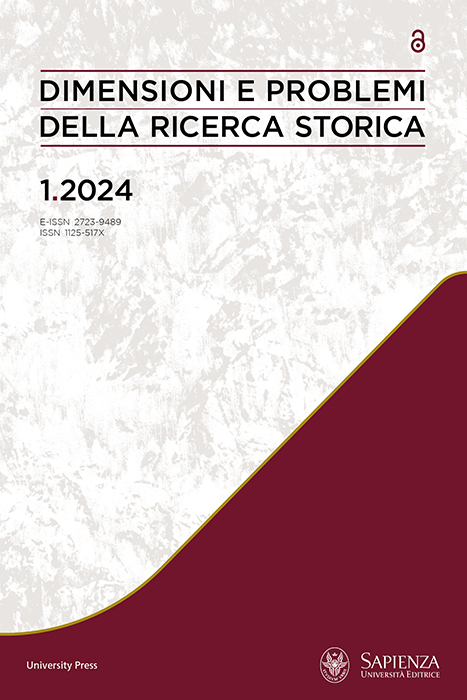La socialdemocrazia verso l’Europa: rappresentanza sociale e cultura politico-economica
DOI:
https://doi.org/10.13133/2723-9489/1716Abstract
The present text utilizes a cross-disciplinary approach (economic history, institutional
history, political theories) and aims at providing a complex and longterm
approach to the interpretation of the sources. The European socialist and
workers’ movement ran into problems when the stagflationary crisis of the
1970s began calling the positive nature of unions’ bargaining power into doubt.
However, the sources, not to mention some aspects of the history of economic
theories, convey that the socialist and workers’ movement was able to foster significantly
innovative responses. The latter gradually convinced the SPD, which
between 1975 and 1982 had mostly resorted to mere anti-inflationary solutions.
Those responses were compatible with the twofold nature of a social movement
producing its own distinct recipes, and of an institutional mediator striking a
balanced compromise. Since the Maastricht treaty the technocratic demands
related to being an institutional mediator have gradually obscured those connected
to the nature of social movement.
##submission.downloads##
Pubblicato
Fascicolo
Sezione
Licenza
Copyright (c) 2024 Paolo Borioni

Questo lavoro è fornito con la licenza Creative Commons Attribuzione - Non commerciale - Condividi allo stesso modo 4.0 Internazionale.


